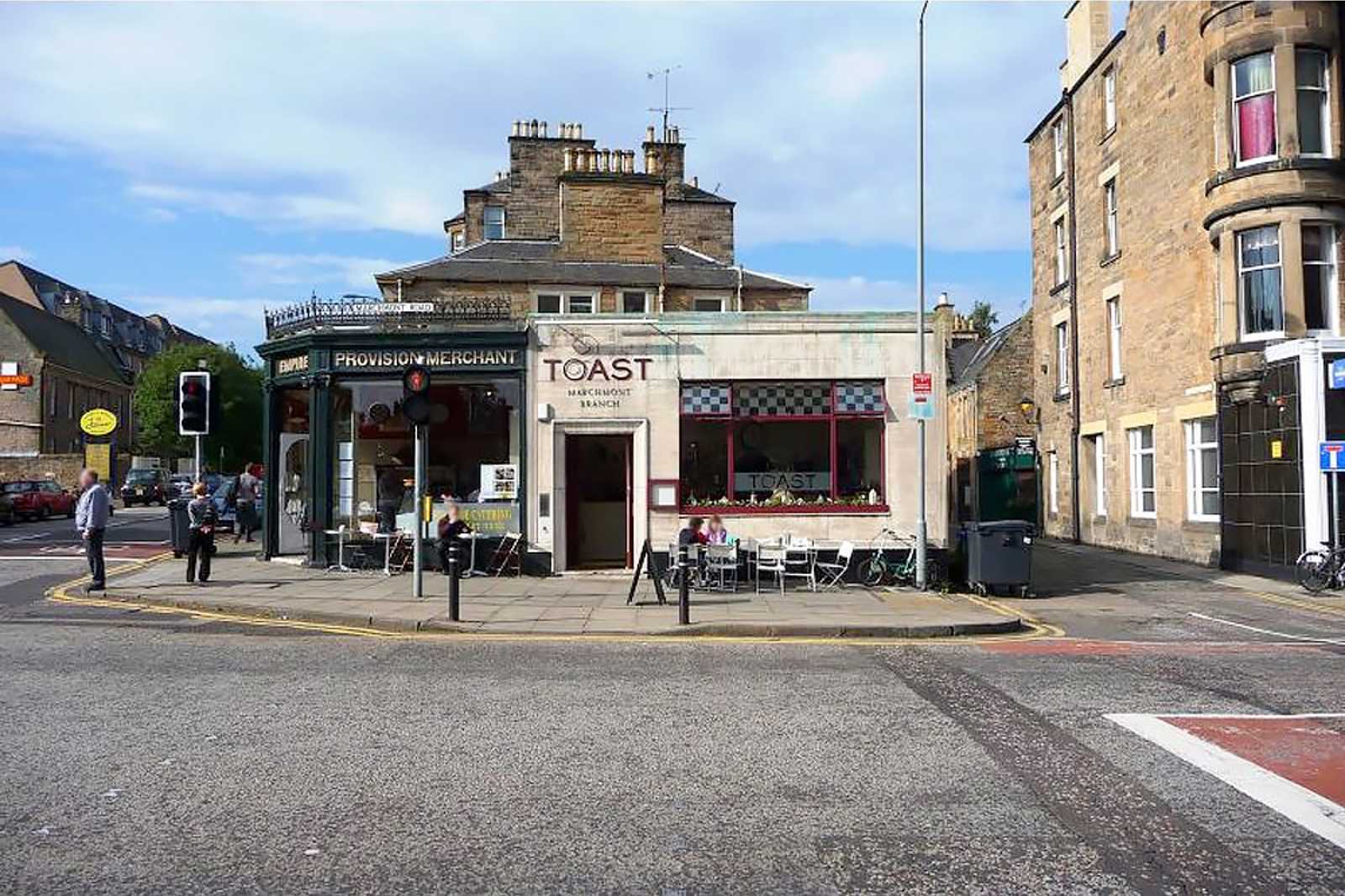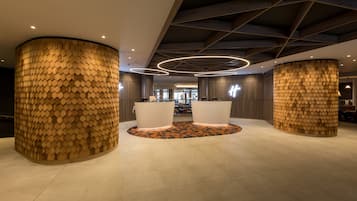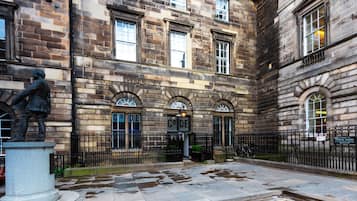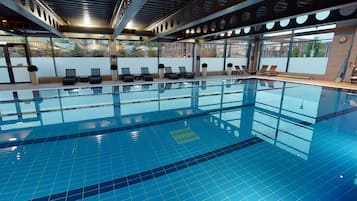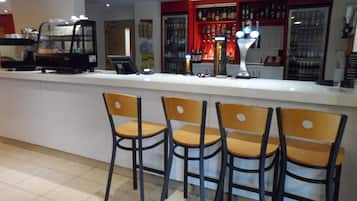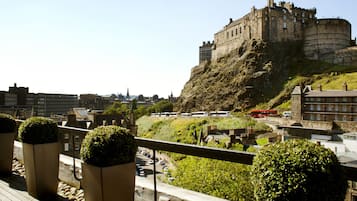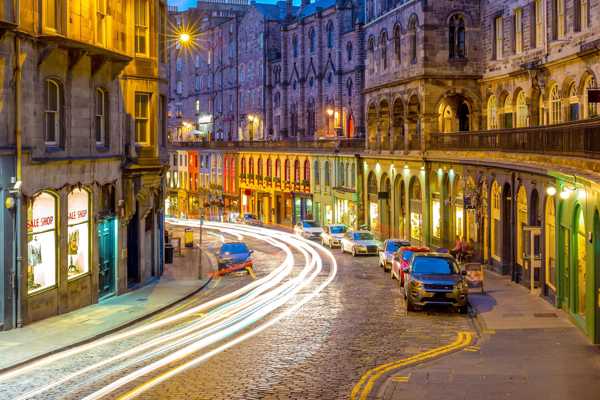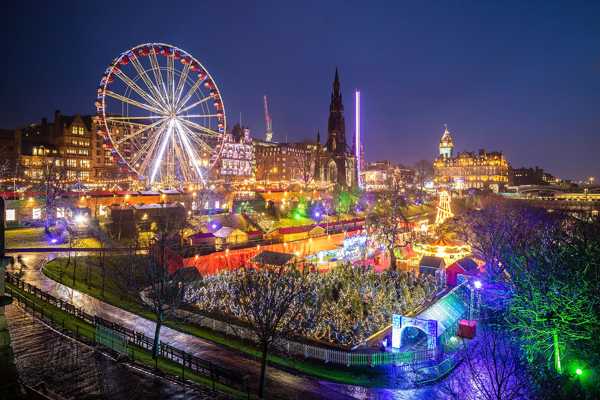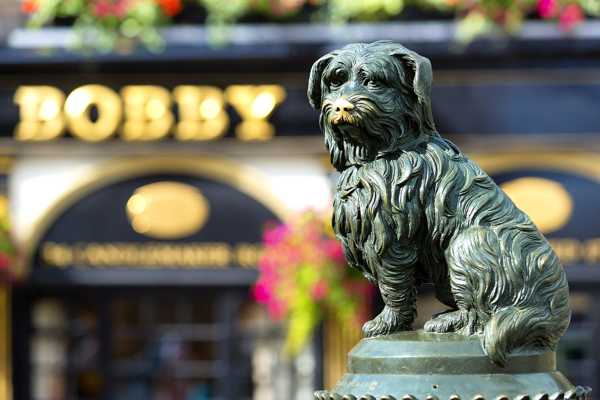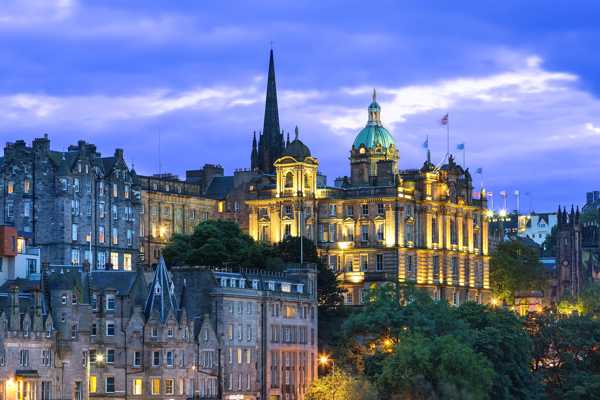Marchmont is an affluent residential district just a mile south of Edinburgh city centre. This district features some of the finest examples of Scots Baronial architecture in the tenement blocks, complete with Victorian bay-windowed flats. You’ll also encounter cobbled streets, making it feel like you’re transported to the late 19th century when most of the area was developed.
The site’s current incarnation as a residential district is thanks to Sir George Warrender, who named the area after his wife’s family. As was the practice of the time, the streets were named after the developers’ families. This resulted in the likes of Arden Street, Spottiswoode Road, and Thirlestane Street. Today, the district enjoys a high level of popularity both for its picturesque view as well as its proximity to the city centre and nearby universities.
Marchmont in Edinburgh - one of the highlights of 10 Most Popular Neighbourhoods in Edinburgh (Read all about Edinburgh here)

What to see in Marchmont?
For those interested in architecture, head over to Thirlestane Street for the Warrender Baths building and its neo-Jacobean exterior. Inside, the Victorian swimming pool has remained mostly unchanged since its construction more than a century ago. It also features a breathtakingly intricate mosaic tiling in its entrance hall that has been painstakingly recreated. It was initially built as the private baths of Sir George Warrender but is now a fitness complex that’s open to the public.
Another notable building in the district is the Marchmont St Giles Church on Kilgraston Road. Though the church itself is young compared to other buildings in the area, its roots go as far back as the 1600s. Some of the interesting architectural elements in this church include its colourful butterfly panels that depict spiritual rebirth. There’s also the Tindal Mosaic that’s composed of a million tesserae and is said to be one of the most intricate mosaics in the whole of the UK. Of the stained glass windows in the church, the most notable are those at the North Wall West End, which served as a memorial to the Morham family, and the East Wall Northside, which bears the text ‘Consider the Lilies’ for the Very Rev Dr David Paull.
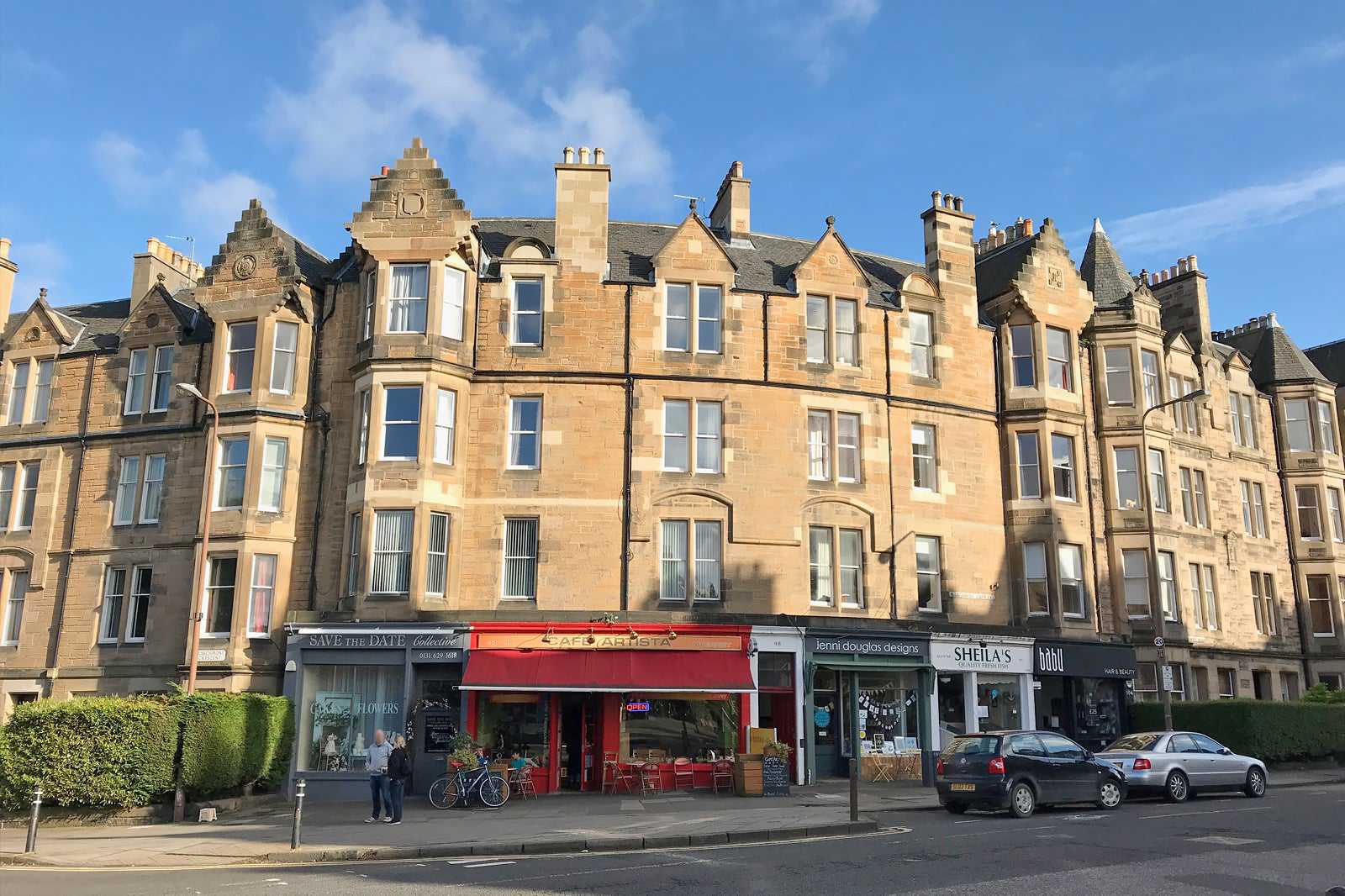
Foto: Dogwoodfire (CC BY-SA 4.0) retusjert
What is Marchmont famous for?
For literary lovers, Marchmont may be familiar to you as the home of the intrepid inspector John Rebus from Ian Rankin’s series of detective novels. Inspector Rebus was said to have lived in Arden Street, so fans can drop by to take a look for themselves.
What’s more, the district’s James Gillespie’s High School is also the inspiration behind the setting of another literary work, Muriel Spark’s The Prime of Miss Jean Brodie. For Harry Potter fans, you’d be interested to know that J.K. Rowling briefly lived at 140 Marchmont Road with her sister and her brother-in-law back in 1993. You can find a plaque marking the site.
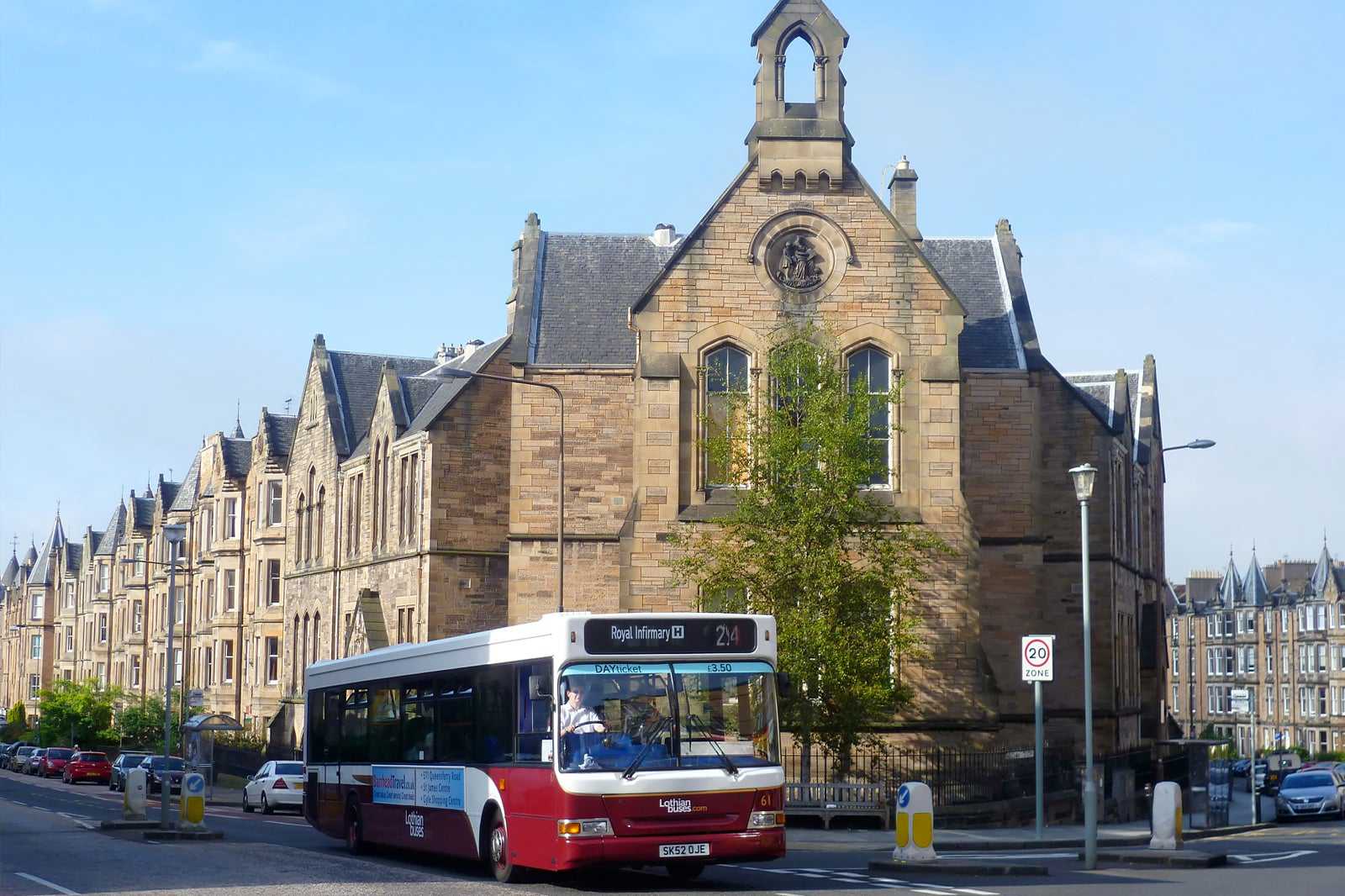
Foto: Kim Traynor (CC BY-SA 3.0) retusjert
What to do in Marchmont?
After you’ve done your bit of sightseeing, you can relax at the nearby Meadows, where you can find people jogging and playing football. If you have kids with you, there’s a children’s playground on the eastern edge.
Looking to unwind with a cold beer? There are some pubs in the area, though they’re relatively few and far between compared to the other parts of the city. The Earl of Marchmont is a street corner pub that serves beers, cocktails, and some classic pub grub. There are also some great restaurants in the neighbourhood, like the Rabbit Hole, if you want a proper sit-down dinner.
While Marchmont doesn’t have much in terms of shopping, you can still find some unique stores and independent shops in the area. Hop over to the Travelling Basket in Roseneath Street for some beautiful handmade items. If you want to make your own, you can do so at Doodles Ceramics in Marchmont Crescent.

